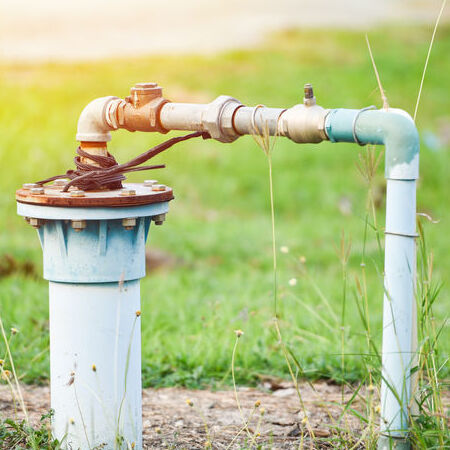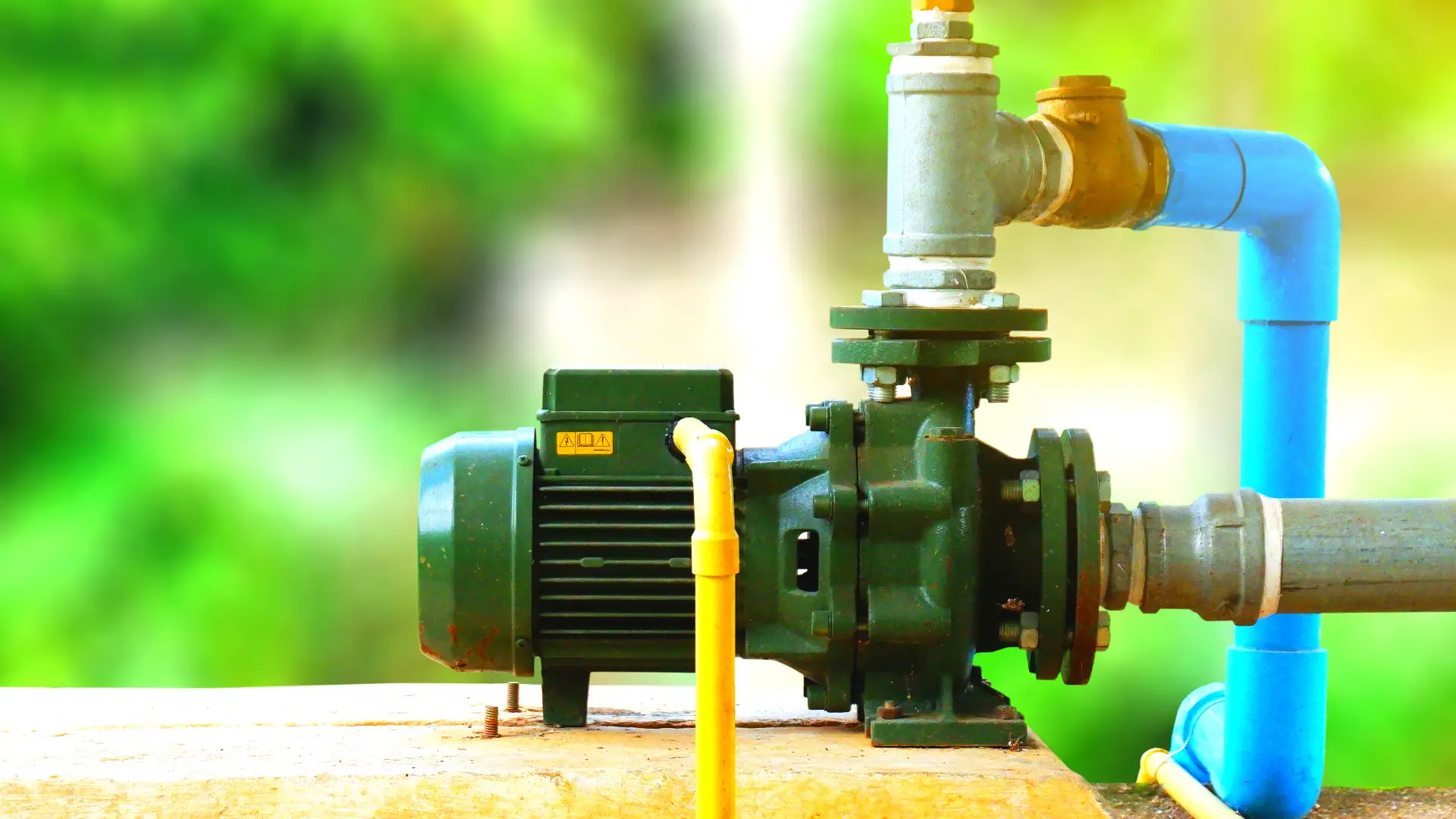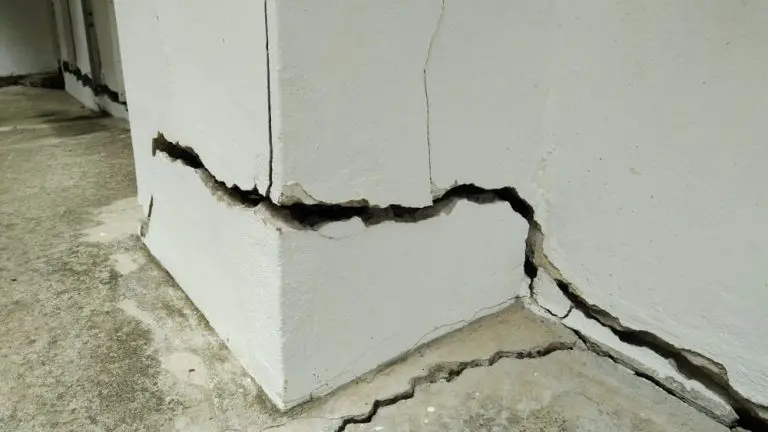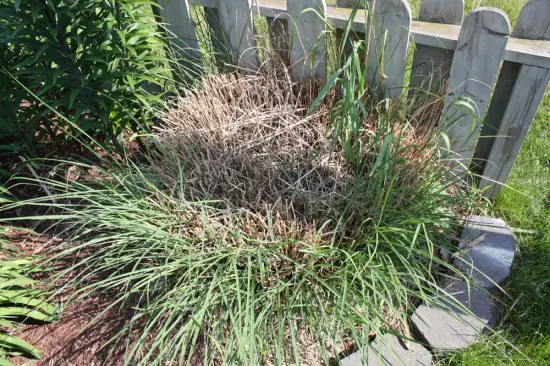How Long Will A Well Pump Last?
A well pump is a key component of any household that gets its water from a well. These pumps are typically designed to last for many years, but this is not always the case. The lifespan of a well pump can vary depending on a variety of factors, including the quality of the pump itself, the type of well, and the maintenance it receives. Generally, however, a well pump can last anywhere from five to fifteen years, with the average lifespan being around eight to ten years.
Factors That Affect a Well Pump’s Lifespan
Well pumps are a crucial component of many homes, providing them with a steady supply of water. But how long will they last? While it’s impossible to give a one-size-fits-all answer, there are certain factors that can affect a well pump’s lifespan. Here, we’ll discuss how to get the most out of your good pump and what to look out for.
The first factor to consider is the type of well pump you have. Submersible well pumps, which are installed underwater, generally last longer than shallow-well pumps, which are installed above ground. The material of the well pump is also important. Cast iron and stainless steel pumps are usually more durable than plastic or brass pumps.
The quality of the installation is also important. If the well pump isn’t installed properly, it won’t be able to function optimally and its lifespan may be shortened. It’s important to have an experienced professional install your well pump to ensure it operates correctly and lasts as long as possible.
The type of water you’re pumping and the amount of water you’re pumping can also influence your well pump’s lifespan. Hard water, for example, can contain particles that can clog and damage the pump. And if you’re pumping large amounts of water, it can put an extra strain on the pump and reduce its lifespan.
Finally, regular maintenance and inspections are key. By having a professional inspect your well pump regularly, you can identify problems early and take steps to fix them quickly. This will help ensure that your well pump works properly and continues to provide your home with fresh, clean water for years to come.
Common Types of Well Pumps
Well pumps are vital components of a household’s water supply system. They are responsible for drawing water from the depths of an underground well, allowing us to use it for our daily needs. But how long will a good pump last? That depends on a few factors, such as the type of well pump and how well it has been maintained. Understanding the different types of well pumps is key to understanding their lifespan.
Submersible pumps are perhaps the most common type of well pump. These pumps are designed to be submerged in the water, which makes them a great choice for deep wells. As the name suggests, submersible pumps are submerged completely underwater, making them more durable and long-lasting than other types of pumps. They are also quieter than other types of pumps, making them a popular choice for residential use.
Jet pumps are another type of well pump. These pumps are designed to operate above the water line, in contrast to submersible pumps. They are typically used for shallow wells and are fairly easy to maintain. Jet pumps are also quieter than submersible pumps, which makes them a great choice for residential use.
Finally, there are deep well pumps. These pumps are designed for deeper wells and are typically more powerful than submersible or jet pumps. Deep well pumps are more difficult to install and maintain, but they are the most efficient way to draw water from deep wells.
No matter the type of pump, proper maintenance is essential for ensuring a longer lifespan. Regular maintenance, such as checking the pump pressure and cleaning the intake screen, can prevent costly repairs and extend the life of the pump. Understanding the different types of well pumps and how to maintain them is key to ensuring they last for years to come.
Signs of Well Pump Failure
Well pumps are highly reliable pieces of equipment, but like all machines, they can fail. Knowing the signs of a failing well pump is important to prevent further damage and ensure that your water supply remains uninterrupted. Common signs of well pump failure include a decrease in water pressure, a loss of water volume, strange noises coming from the pump, and water that appears discolored or impure. If you experience any of these signs, it is important to get your well pump inspected and repaired as soon as possible. A qualified well-pump technician can diagnose the issue and help you decide on the best course of action.
It is also important to be mindful of the age of your well pump and to replace it on a regular basis. The length of time a well pump will last depends on many factors such as the type of pump, the quality of installation, and the water conditions in your area. Generally, a good pump can last anywhere from five to fifteen years, but it is important to get it checked regularly to ensure that it is functioning properly and not in need of replacement.
By understanding the signs of well pump failure and being mindful of the age of your system, you can ensure that your well pump will last as long as possible. Regular maintenance and inspections can help prevent unexpected breakdowns and keep your water supply running smoothly.
How to Prevent Well Pump Failure
When it comes to good pumps, preventive maintenance, and regular inspections are key to ensuring your pump lasts for many years. Poorly maintained pumps can fail prematurely, so it’s important to take the necessary steps to keep them in good condition. Here are some practical tips to help you prolong the life of your well pump and avoid costly repairs or replacements.
First, ensure that your well pump is the right size and is installed properly. This will help avoid strain on the components and prevent power surges and other issues. Secondly, check your pump regularly and look out for any unusual noises, vibrations, or changes in performance. If you notice anything unusual, contact a professional to diagnose and fix the problem as soon as possible.
Thirdly, inspect the wiring and connections to make sure there are no loose connections or other issues. Additionally, check the pressure switch and pressure tank to make sure they are working properly, and test the water pressure regularly. Finally, inspect the pump and its environment for any signs of damage, such as corrosion, cracks, or other deterioration.
By following these simple tips, you can ensure that your well pump will last for many years. Regular maintenance and inspections are the best way to avoid costly repairs and ensure your water supply is consistent and dependable.

Cost of Replacing a Well Pump
Well pumps are an essential part of many homeowners’ plumbing systems. Not only do they provide a reliable source of clean, safe water, but they are also fairly easy to maintain. However, like all mechanical systems, they are subject to wear and tear, and eventually, they will need to be replaced. But how long will a good pump last, and what should you expect to pay for a replacement? This blog will answer these questions and provide insight into the cost of a good pump replacement.
First, it’s important to understand that the life span of a well pump can vary greatly depending on the type of pump, how often it’s used, and other factors. Generally speaking, shallow well pumps tend to last up to 15 years, while deep well pumps can last anywhere from 25 to 50 years. However, if your pump is not properly maintained, it may need to be replaced sooner.
When it comes to the cost of replacing your well pump, it can range from a few hundred dollars to several thousand dollars, depending on the type of pump, the complexity of the installation, and other factors. That said, if you’re looking for the most cost-effective option, it’s always best to buy a pump from a reputable manufacturer and have it professionally installed. This will ensure that you get a quality product and a job done right the first time.
In conclusion, knowing how long a well pump will last and what it will cost to replace it is important for any homeowner. With proper maintenance and care, you can maximize the life of your pump and ensure that you have a reliable source of clean water for years to come.
Troubleshooting Common Well Pump Problems
Well, pumps are essential components of any home that relies on a water well for its water supply. As such, they need to be properly maintained. Unfortunately, many good pumps have a lifespan of 10-15 years, and even with regular maintenance, they can experience issues. To ensure your well pump is functioning properly and to extend its life, it is important to troubleshoot common well pump problems.
One of the most common issues with good pumps is a lack of water pressure. This can be caused by a variety of issues, such as a clogged filter, a stuck pressure switch, or a faulty pressure tank. It is important to inspect the filter, pressure switch, and pressure tank to ensure they are all functioning properly.
Another common issue is a noisy pump. This can be caused by a variety of issues, such as a worn-out bearing, a faulty pressure switch, or an air leak in the pipe. It is important to inspect the bearing, pressure switch, and pipes to ensure they are all functioning properly.
If you’re having trouble with your well pump, it is important to diagnose the issue before attempting to repair it. By troubleshooting common well pump problems, you can extend the life of your pump and ensure it is functioning properly.
Benefits of Regular Maintenance for Well Pumps
A well pump is an essential part of well systems that provide water to homes and businesses. The life expectancy of a well pump can vary depending on several factors, including the quality of the pump, regular maintenance, and the environment in which the pump is used. Regular maintenance of a well pump can help ensure that it lasts for a long time and continues to provide reliable and safe water.
Regular maintenance of a well pump can help reduce wear and tear on the pump, which can extend its life. This can be done by checking the valves and other components, testing the water pressure, and checking the pump for any signs of damage or wear. Additionally, regular maintenance can help ensure that the pump is working efficiently and that the water pressure is adequate for the demand.
Regular maintenance of a well pump can also help to identify any potential problems before they become more serious and costly to repair. This can help to prevent costly breakdowns and extend the life of the pump. Furthermore, regular maintenance can help to ensure that the pump is operating safely and effectively by removing any debris or contaminants that may have entered the system.
Overall, the benefits of regular maintenance for well pumps are numerous. Regular maintenance can help to ensure that the pump is operating safely and efficiently, reduce wear and tear, and help to identify potential issues before they become more serious and expensive to repair. Regular maintenance is an important part of keeping well pumps running smoothly and extending their life.
Conclusion
The longevity of a well pump can vary greatly depending on the type, quality, and maintenance of the pump. Generally, a well pump should last anywhere from 5 to 25 years, however, with regular maintenance and proper care, it can last much longer. Ultimately, a well pump’s lifespan depends on how well it is taken care of.







